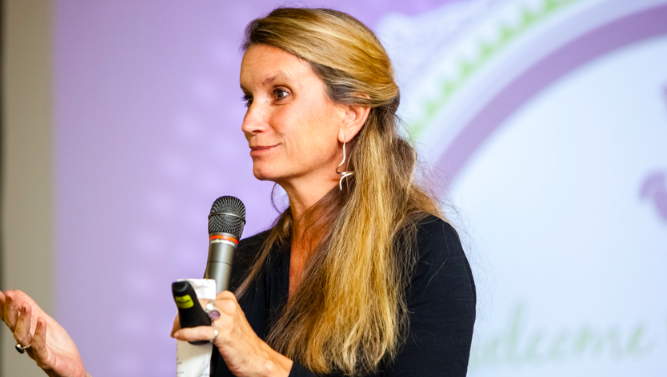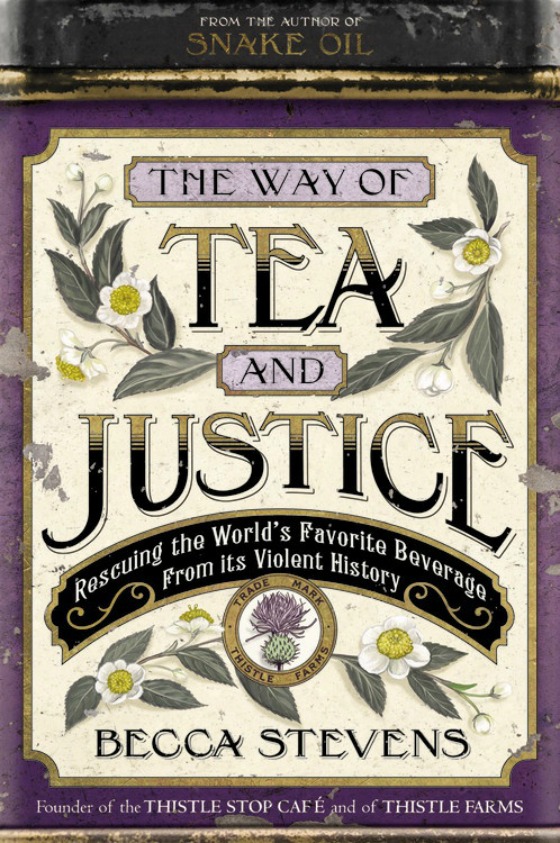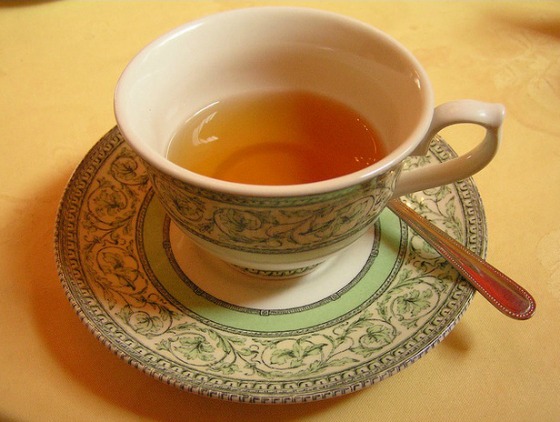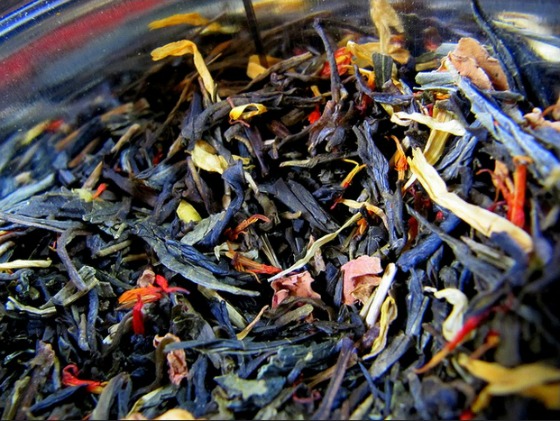
It Began with Thistles: The Way of Tea and Justice
Becca Stevens is an Episcopal priest and the founder of Magdalene, Thistle Farms, and Thistle Stop Cafe. Magdalene is a residential program in Nashville, Tennessee, for women who are survivors of sexual abuse, trafficking, prostitution, or life on the streets. Thistle Farms is the line of natural bath and body products, created by Magdalene residents and graduates, and Thistle Farms teaches job skills and helps fund the Magdalene program. Thistle Stop Cafe was founded to employ and empower these survivors.
In her book, The Way of Tea and Justice, (part history, part memoir, and part manifesto), Stevens recounts the story of the cafe’s opening, she intertwines memoir with history. She educates the reader about the violent history of tea, and the deplorable working conditions of many current tea growers. Stevens was determined that the manifesto Thistle Stop Cafe would include justice all the way to the source. To accomplish this mission, she creates a plan, Shared Trade, the birth of which is outlined in the book. Shared Trade forms a coalition of organizations focused on sustainable employment for women, as well as bridging the distance between producers and consumers.
Each chapter begins with a scrumptious-sounding tea blend recipe. Even the recipes carry a message of justice! From the Monkey Tea recipe: “The best way to prepare this tea is to first purchase the leaves from producers that you have researched and believe are concerned about the workers as well as the quality of the plant.” She also shares heartbreaking personal stories from the survivors who live at Magdalene, whose lives have come from unspeakable torment to happiness and peace.
Her accomplishments alone are astonishing, yet Becca Stevens writes about them with a tender humility. She has total clarity of purpose; she understands herself and her role in the world, and she lives it. And if the world needs to be changed? So be it. If she has to find a trade organization to ensure that the tea served in her not-for-profit’s cafe is ethically sourced, then she simply rolls up her sleeves and gets it done.
Stevens not only thinks globally and acts locally, she acts globally too. She helped change the economics of tea trade so that she could empower women in Tennessee. And she brings it all back to moments of quiet, spiritual peace, found in a cup of tea. I found myself moved to tears by both the stories she shared and the incredible beauty of her words.
“This one species of tea plant, the Camellia sinensis, means that all the tea we drink, whether from India, South America, or China, shares a common heritage and is related. Thus tea becomes a beautiful symbol of the theological truth that we are all connected, and although each kind of processed tea has different effects and flavors, it’s like love: It all comes from the same source but can be expressed a thousand ways. Not only are we drinking something beautiful, we are sipping something universal both in its roots and its application. Tea is the tie that binds us, and the tea we drink invites us to share a common heritage with the whole world. By finding and drinking teas from anywhere in the world that are grown and picked with justice as a core value of tea owners and growers, we are sharing a cup with a world that still thirsts to reclaim our past for a more equitable future.”







